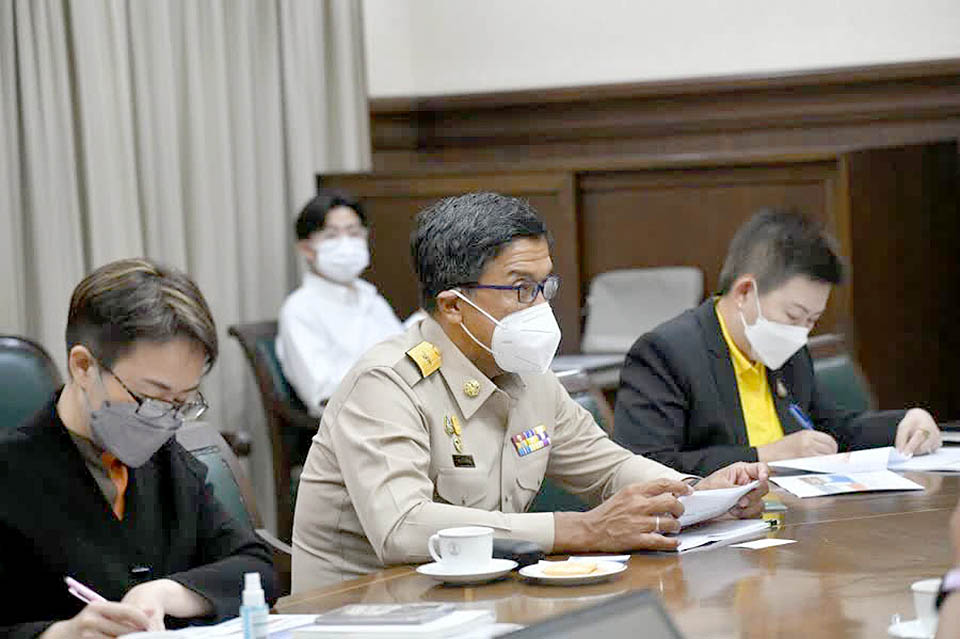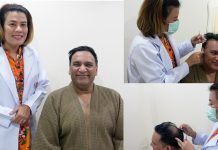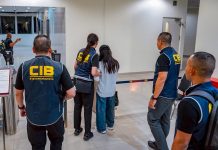
Bangkok City Hall is now drawing on input from external agencies to address the airborne dust problem in the capital city. The Bangkok governor says the problem should become less severe next year.
Bangkok Governor Chadchart Sittipunt revealed City Hall has established an inter-agency working committee for the PM2.5 dust issue. The working committee is led by the permanent secretaries of the Bangkok Metropolitan Administration (BMA) and the Ministry of Natural Resources and Environment. The committee will handle 16 operations plans, the first of which calls for the cause of the PM.2.5 issue to be precisely determined.
Other sources of dust will be investigated, protection equipment will be handed out to vulnerable groups and all Bangkok factories will be inspected. Mr. Chadchart said primary dust sources include automobiles, factories, biomass combustion, and construction. CCTVs will be used to detect vehicles emitting black exhaust.
The governor revealed the BMA will, in October, start requiring that no excessively polluting trucks be used at construction sites. Construction firms will therefore need to make preparations ahead of time. Monitoring against vehicles emitting black exhaust will be carried out in cooperation with relevant public agencies. City Hall will also check the exhaust quality of all vehicles it operates. Furthermore, the BMA will also make available open data on airborne dust so the public can be informed.
According to Mr. Chadchart, City Hall might place restrictions on access to high-density areas or provide incentives to encourage people to avoid these areas.
The governor said the 16 sub-operations are already being implemented because tackling the dust issue requires a long preparation time. He said the problem should be ameliorated at the end of next year. He said other agencies, including the police and the Department of Land Transport, will likely join the working committee in the future. (NNT)
 |
 |
 |





